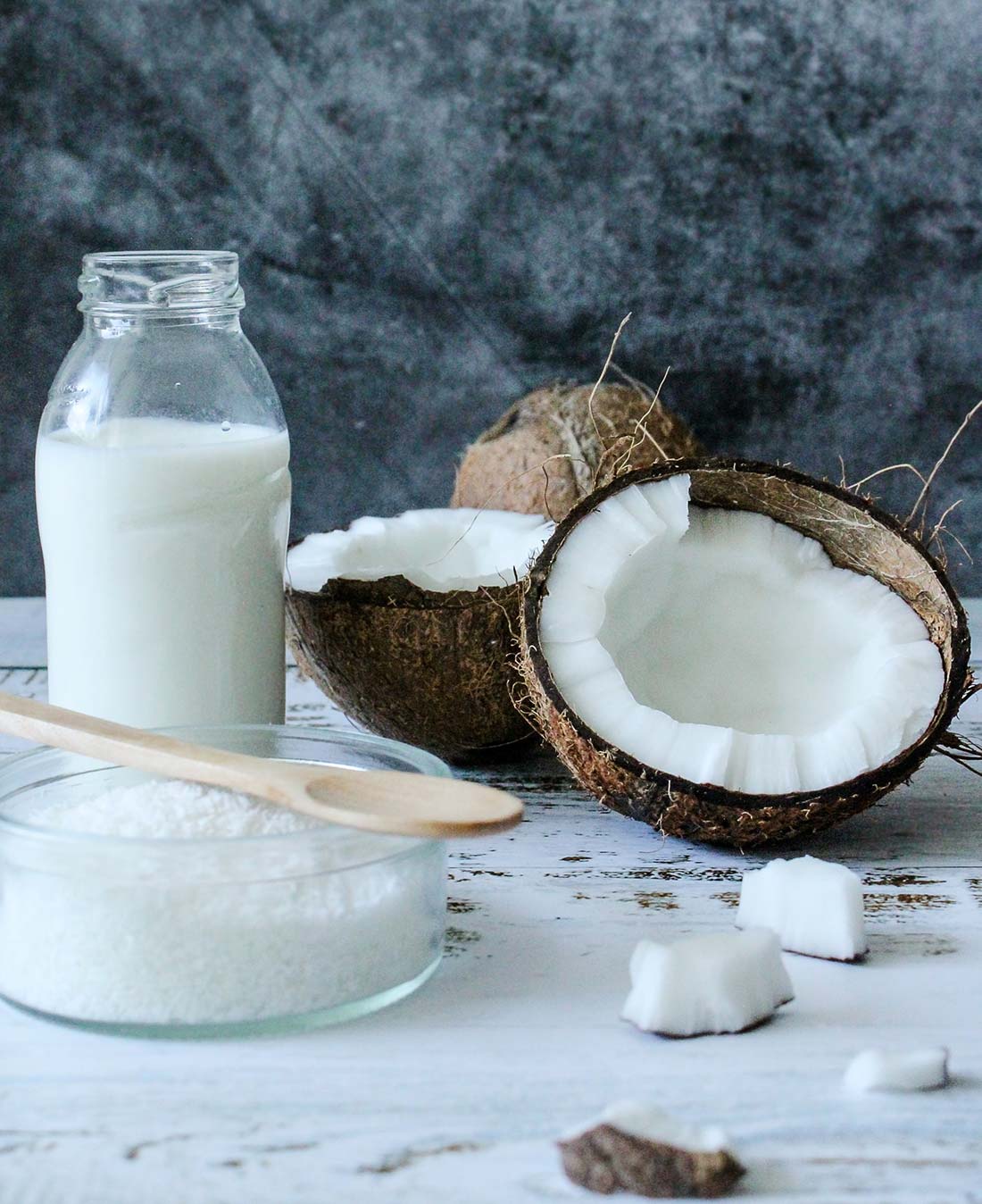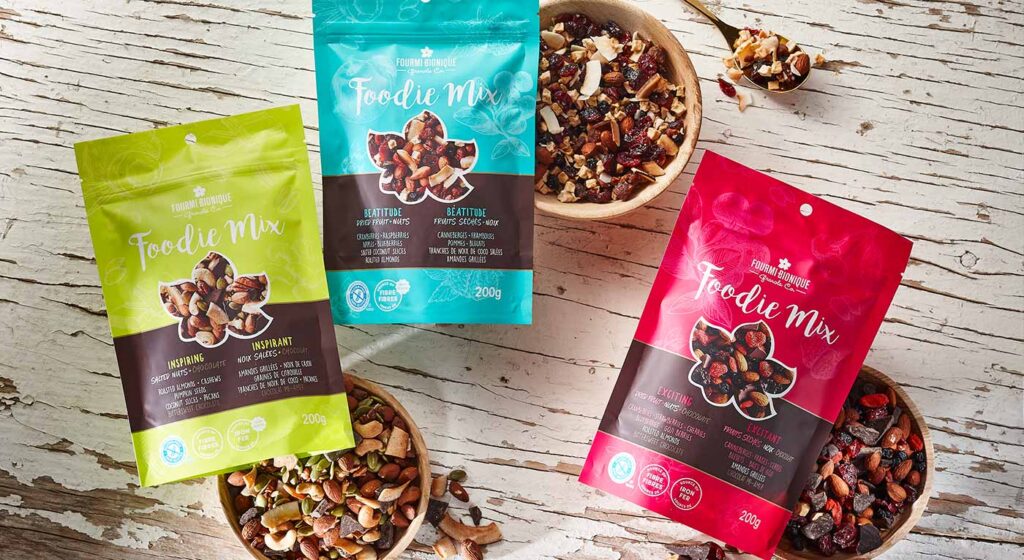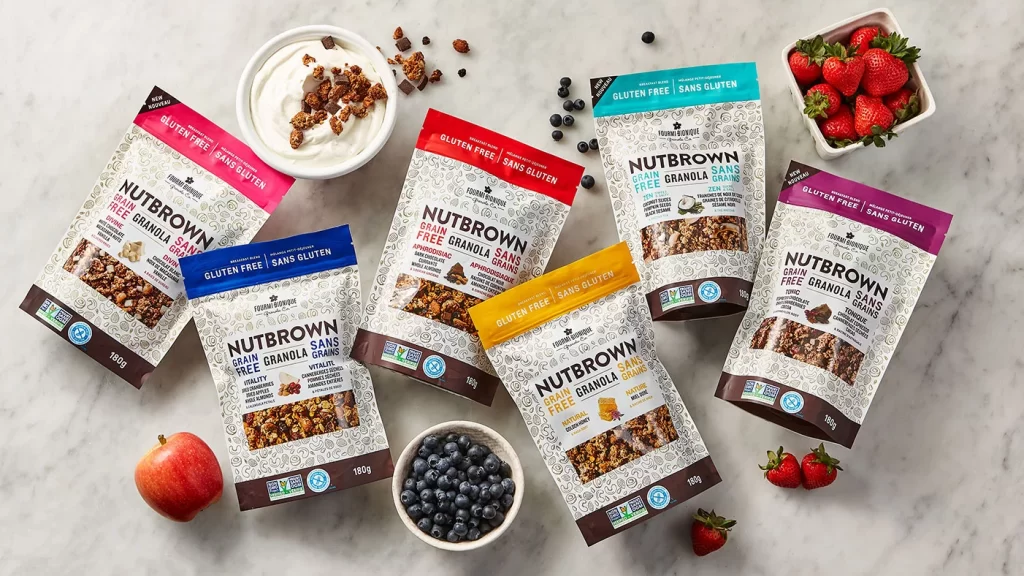In recent years, cow’s milk, which lobbyists have promoted in advertisements for its calcium content, has seen its popularity gradually decline. Criticized by scientists for the various health problems it causes, denounced by vegans and animal rights activists, cow’s milk is increasingly avoided by consumers who are choosing to turn to non-dairy, plant-based beverages.
This article is not intended to discuss the nutritional profile of cow’s milk or whether or not it continues to have a role in our food and our lives. Our goal is to discuss the vegan alternative milks that are on the market – you can enjoy them whether you are lactose intolerant or you simply want a to enjoy a variety of nutrients and tastes!
Why choose plant milk?
The main advantage of vegan milks is the benefits they provide to those who are lactose intolerant. Indeed, there are many people whose bodies are unable to produce a sufficient level of lactase, an enzyme that converts lactose into glucose and galactose – in short, sugars. This intolerance can be either an inherited genetic trait or a condition linked to intestinal disorders, infections, or irritations that can reduce or eliminate the body’s lactase production.
Vegan milks do not contain lactose and can therefore be a great alternative to cow’s milk for these individuals.
Beyond the health benefits they provide or the choice to stop consuming animal products, plant milks offer a tasty and nutritious option for your diet. The good fats, plant fibres, proteins, and minerals they contain are fundamental for the proper functioning of the body. Plant-based milks also provide vitamins, such as B vitamins, which are important for maintaining metabolism, the nervous system and liver function. Here are some examples of the most common non-dairy milks.
The different plant-based milks
Almond milk
Rich in vitamins B and E and minerals such as magnesium and iron, almond milk is made by soaking chopped almonds and sugar. Traditionally, the chopped almonds are blended and soaked in water inside a cloth which is then wrung out to release the liquid. This recipe dates back to the Middle Ages and is now widespread, as the process has been industrialized. Unlike soy milk, almond milk contains neither isoflavones nor hormones and is a great ally for those who want a calcium-rich milk.
Soy milk
One of the most popular plant milk choices is soy milk, because it contains the highest levels of calcium and protein among non-dairy milks and is rich in omega-3 fatty acids, which are considered important for good cardiovascular health. Many parents also give their children soy milk – but the recommendation is not to consume too much, due to the phytoestrogens it contains. Soy milk consumption is therefore discouraged during pregnancy and while breastfeeding, as well as for those who have thyroid problems, kidney stones or candida overgrowth.
Rice milk
Perfect for those seeking a sweeter option. Light and easy to digest, rice milk can be helpful when you have accelerated intestinal transit. Naturally rich in vitamins A, B, and D, as well as minerals, rice milk is made through an industrial process which involves soaking rice grains in a water broth which is then filtered. It is sometimes enriched with nutrients that rice does not naturally contain, such as calcium, vitamins B12 and D. It is also gluten-free, making it an ideal drink for people with gluten allergies or intolerances, and the perfect match for our Nutbrown gluten-free granola range.
Coconut milk
Coconut milk does not have much calcium and is quite fatty, but it offers an excellent supply of minerals (iron, potassium and phosphorus). It also contains selenium, an antioxidant trace element that could help prevent age-related diseases and cancers, and which also plays a role in stimulating the immune system and the thyroid.

Oat milk
Oat milk is low in sugar and provides a good supply of fibre, vitamins B and E as well as potassium. It is therefore good for satisfying cravings while staying in shape. Oat milk can be easily prepared at home and is a delicious alternative to cow’s milk, especially for your recipes. It is not recommended for people with celiac disease or a gluten intolerance.
Millet milk
Low in fat, gluten-free, and a source of fibre, proteins and minerals (iron, phosphorus, and magnesium), millet milk is also on the list of vegan drinks that are easy to make at home. It is also ideal for people who are gluten intolerant.
Walnut milk
Walnut milk is a natural source of omega-3 and 6, vitamins, and minerals, which is why it can help maintain good heart health, stimulate memory and prevent neurodegenerative diseases. It has antioxidant properties and, just like rice milk, it is an ideal source of energy for those who are physically active, or even just when you have a busy day ahead.
Hazelnut milk
Hazelnut milk is high in carbohydrates and low in calcium. It is therefore not a good idea to drink it all day, every day, but it is a decadent drink that not only contains vitamins A and B and omegas-3 and 6 but is also a good source of protein.
Spelt milk
With its mild taste, spelt milk is also a great choice. It provides vitamins B, D, and E, and minerals such as calcium, iron and magnesium. It is one of the easiest milks to digest and helps to manage weight due to its reduced level of bad fats and cholesterol.

How to use plant-based milks in the kitchen
You now know that there is a wide variety of vegan milks that can be made from grains (rice, barley, oats, wheat) or from legumes (soybeans, peanuts, lupins, peas). Vegan drinks based on walnuts, hazelnuts, almonds, coconuts, and cashews, and those made from plant seeds such as hemp or quinoa are also becoming increasingly common. But how can you use these milks in the kitchen?
En plus de remplacer le lait dans votre café du matin, le lait végétal est excellent dans les préparations de biscuits et gâteaux, il rend les sauces plus crémeuses et ajoute de la texture aux soupes. Il peut être utilisé pour faire votre béchamel, crêpes, mayonnaise… Et bien sûr, dans votre bol de granola ou vos gruaux 😉
Beware, however: many non-dairy milks are very rich in carbohydrates and fats, which, although good for your health in small doses, could lead to weight gain or aggravate diabetes, depending on your condition and how much you’re consuming. As always, it’s all about balance and moderation!
How to make vegan milk at home
Here’s a secret: homemade plant-based milk is simple, cheap and fairly quick to make! The advantage to making vegan milk at home is that you can choose quality ingredients and play with the quantities according to taste.
Here’s how to make oat milk: pour a handful of oat flakes into a container and add warm water. After trying this for the first time, you will learn how to adjust the amount of water according to the density of milk you want. Leave the mixture to rest overnight, put it in the blender in the morning, then filter it through a strainer. You can pour the oat milk into a glass bottle and keep it in the fridge for a few days, ready to use.
For drinks such as walnut or hazelnut milk, leave the nuts of your choice to soak in water overnight (about twelve hours). The next day, blend the mixture and filter it before pouring it into a bottle. You can, of course, sweeten the milk with agave syrup, brown sugar, honey or maple syrup, but as you continue to experiment with these recipes, you will surely learn to appreciate the natural taste of homemade non-dairy milk with no added sugar.


